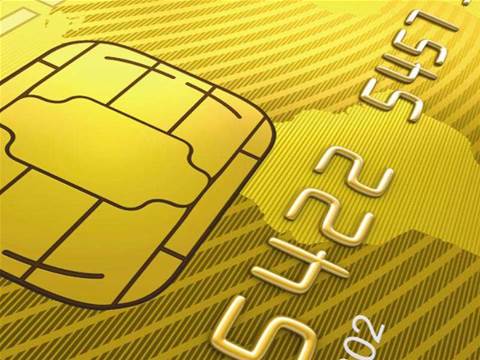However, compared to the UK, Australia’s fraud rates are low, according to Chris Hamilton, chief executive officer at APCA.
“Relative to overseas jurisdictions that have introduced chip, Australia doesn’t have anything like the fraud problem. The debate in Australia has always been whether it’s coming in the future and we need to prepare for it rather than reduce it.”
Moreover, chip and PIN is a slightly complicated term because the Australian proprietary debit card system has always been fully PIN, he added.
Furthermore, most transactions [in Australia] are online real-time, according to Roeleven. “In other markets [such as the UK] a lot of transactions are actually offline. They don’t get that real-time message or check whether the card has been reported stolen and you don’t get that real-time check available balance,” he explained.
“Combined with the fact that the Australian market is a reasonably remote market by world standards you’ll find that we’ve experienced growing but low levels of fraud and we’ve been able to hold it fairly well.
“This is the classic security dilemma,” explained Turner. “If the risk is low, is the cost of a new security measure cost effective? But of course, this is only a dilemma for the banks.”
While 44,651 instances of credit card skimming for the financial year 2006-07 does not sound significant, that translated to nearly $27 million worth of fraud, according to Turner.
“For the people who had to go through the process of proving to the financial institutions that they were blameless: the inconvenience factor is through the roof. These consumers don’t want to hear about risk analysis and feasibility, they want the pain taken away.”
Fighting fraud with chip & PIN
By
Negar Salek
on Mar 27, 2008 11:31AM

Page 2 of 4 | Single page
Got a news tip for our journalists? Share it with us anonymously here.
Partner Content

Guiding customers on the uneven path to AI adoption

MSPs with a robust data protection strategy will achieve market success
_(21).jpg&h=142&w=230&c=1&s=1)
Empowering Sustainability: Schneider Electric's Dedication to Powering Customer Success
.png&h=142&w=230&c=1&s=1)
How mandatory climate reporting is raising the bar for corporate leadership

Beyond the box: How Crayon Is Redefining Distribution for the Next Era






.jpg&w=100&c=1&s=0)
_(8).jpg&w=100&c=1&s=0)











